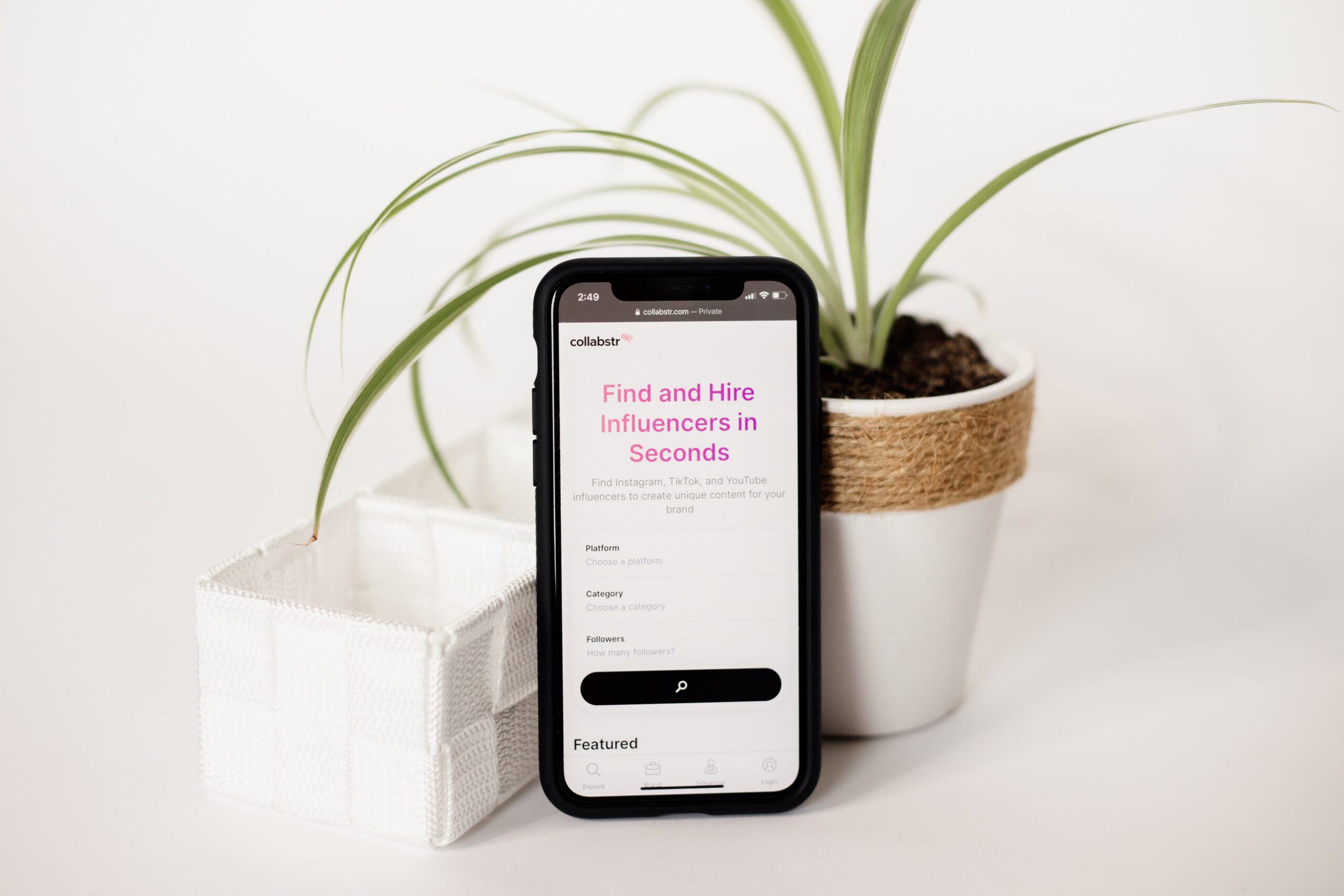Influencer marketing platforms work by providing brands with tools and resources to identify, connect with, and manage relationships with social media influencers. These platforms typically offer a range of features that allow brands to create and execute influencer marketing campaigns more efficiently and effectively.
Here is a general overview of how influencer marketing platforms work:
- Brand signs up: The first step is for a brand to sign up for an influencer marketing platform. Typically, this involves creating an account and providing some basic information about the brand and the products or services they want to promote.
- Brand sets campaign goals: Once the brand has signed up for the platform, they can set campaign goals and objectives, such as increasing brand awareness or driving sales. They may also set a budget for their campaign.
- Platform suggests influencers: The platform will then suggest a list of influencers who are a good fit for the brand’s campaign based on factors such as the influencer’s niche, audience demographics, engagement rates, and geographic location.
- Brand selects influencers: The brand can then review the list of suggested influencers and select the ones they want to work with.
- Brand collaborates with influencers: The brand and influencers then collaborate to create content for the campaign. This may include sponsored posts, product reviews, or other types of content that promote the brand’s products or services.
- Brand tracks campaign performance: The platform provides tools to track the performance of the campaign, including metrics such as reach, engagement, and conversions. The brand can use this data to optimize their campaign and improve their results over time.
- Brand pays influencers: Once the campaign is complete, the platform typically facilitates payment to the influencers based on the agreed-upon terms and compensation.
Overall, influencer marketing platforms provide brands with a streamlined and efficient way to connect with social media influencers and create highly targeted and effective marketing campaigns. By leveraging the power of social media influencers, brands can engage with their target audience in a more authentic and meaningful way, driving sales growth and building brand awareness over time.
In addition to the basic workflow outlined above, influencer marketing platforms offer a range of additional features and functionalities that can help brands to execute their campaigns more effectively. Some of these features include:
- Audience insights: Influencer marketing platforms provide detailed insights into the demographics and interests of an influencer’s audience. This data can help brands to identify influencers who have a high likelihood of reaching their target audience.
- Content creation tools: Many influencer marketing platforms offer tools to help brands and influencers create high-quality content for their campaigns. These tools may include graphic design software, content creation templates, or video editing tools.
- Campaign management tools: Platforms provide tools to help brands manage their campaigns more effectively, including tools to track content creation and approval, manage budgets, and communicate with influencers.
- Compliance and transparency tools: Influencer marketing platforms often provide tools to help ensure that campaigns are compliant with relevant laws and regulations. These tools may include features to ensure that sponsored content is properly labeled as such and that all necessary disclosures are made.
- Performance tracking and reporting: Influencer marketing platforms provide detailed data and analytics on the performance of campaigns, allowing brands to track their progress and make data-driven decisions to optimize their campaigns over time.
In addition to the features mentioned earlier, some influencer marketing platforms also offer features such as:
- Brand safety and fraud protection: Influencer marketing platforms take measures to ensure that brands are working with legitimate and trustworthy influencers. Some platforms use advanced algorithms to identify fake followers and engagement, while others manually verify the authenticity of influencers’ accounts.
- Automated campaign optimization: Some influencer marketing platforms use machine learning algorithms to optimize campaigns in real-time. These algorithms can automatically adjust campaign targeting, messaging, and ad placements to improve campaign performance.
- Access to a global network of influencers: Many influencer marketing platforms have a large network of influencers from around the world, making it easier for brands to find influencers who are a good fit for their target audience and campaign goals.
- Multi-channel integration: Some platforms allow brands to run campaigns across multiple social media channels, such as Instagram, Facebook, YouTube, and Twitter, from a single dashboard. This can help brands to reach a wider audience and improve the ROI of their campaigns.
- Advanced analytics and reporting: Some platforms provide advanced analytics and reporting features that allow brands to track and measure the impact of their campaigns across multiple channels and over time. These reports can help brands to understand the ROI of their campaigns and identify opportunities for improvement.
Overall, influencer marketing platforms are designed to help brands execute more effective influencer marketing campaigns at scale. By providing a range of tools and resources, these platforms make it easier for brands to connect with influencers, create engaging content, and track the performance of their campaigns over time. As the use of influencer marketing continues to grow, it is likely that we will see more advanced features and functionalities being added to these platforms in the future.

